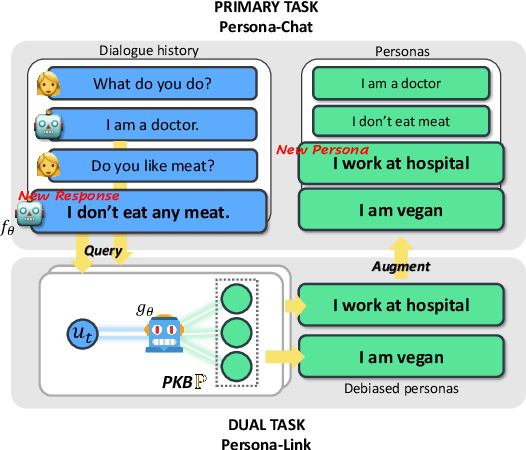Hong-in Lee
Equivariant Descriptor Fields: SE(3)-Equivariant Energy-Based Models for End-to-End Visual Robotic Manipulation Learning
Jun 16, 2022



Abstract:End-to-end learning for visual robotic manipulation is known to suffer from sample inefficiency, requiring a large number of demonstrations. The spatial roto-translation equivariance, or the SE(3)-equivariance can be exploited to improve the sample efficiency for learning robotic manipulation. In this paper, we present fully end-to-end SE(3)-equivariant models for visual robotic manipulation from a point cloud input. By utilizing the representation theory of the Lie group, we construct novel SE(3)-equivariant energy-based models that allow highly sample efficient end-to-end learning. We show that our models can learn from scratch without prior knowledge yet is highly sample efficient (~10 demonstrations are enough). Furthermore, we show that the trained models can generalize to tasks with (i) previously unseen target object poses, (ii) previously unseen target object instances of the category, and (iii) previously unseen visual distractors. We experiment with 6-DoF robotic manipulation tasks to validate our models' sample efficiency and generalizability. Codes are available at: https://github.com/tomato1mule/edf
Dual Task Framework for Improving Persona-grounded Dialogue Dataset
Feb 16, 2022



Abstract:This paper introduces a simple yet effective data-centric approach for the task of improving persona-conditioned dialogue agents. Prior model-centric approaches unquestioningly depend on the raw crowdsourced benchmark datasets such as Persona-Chat. In contrast, we aim to fix annotation artifacts in benchmarking, which is orthogonally applicable to any dialogue model. Specifically, we augment relevant personas to improve dialogue dataset/agent, by leveraging the primal-dual structure of the two tasks, predicting dialogue responses and personas based on each other. Experiments on Persona-Chat show that our approach outperforms pre-trained LMs by an 11.7 point gain in terms of accuracy.
 Add to Chrome
Add to Chrome Add to Firefox
Add to Firefox Add to Edge
Add to Edge